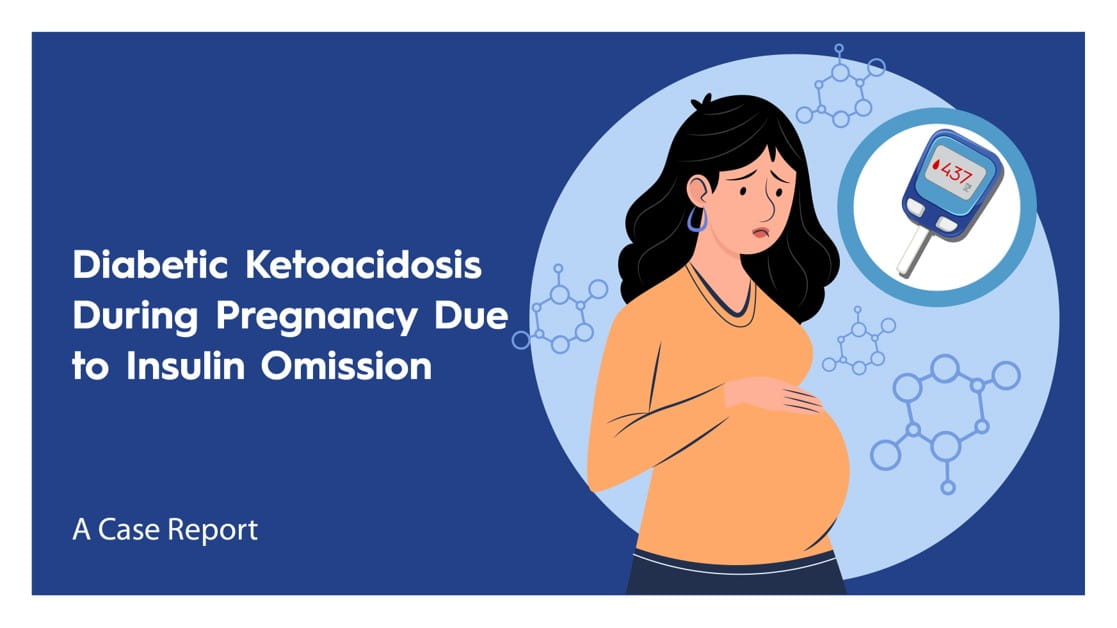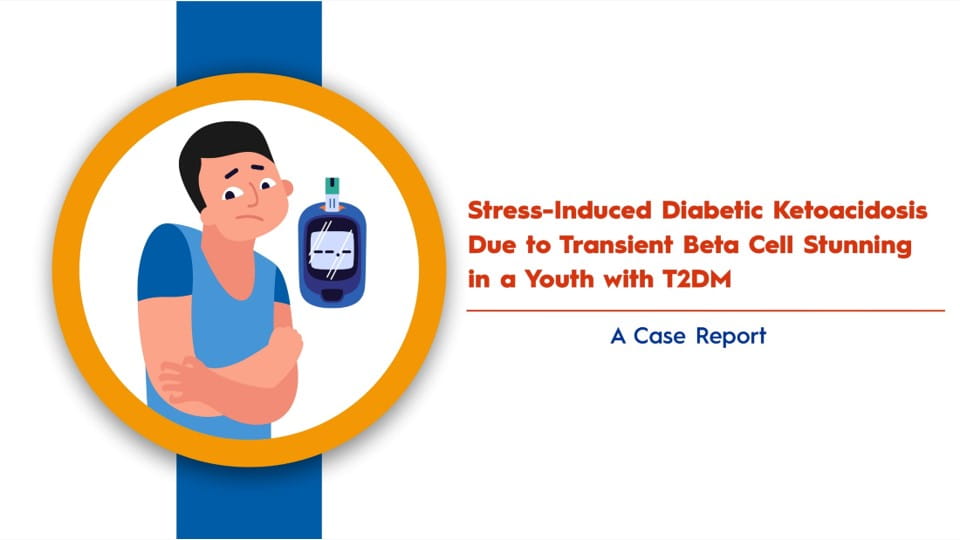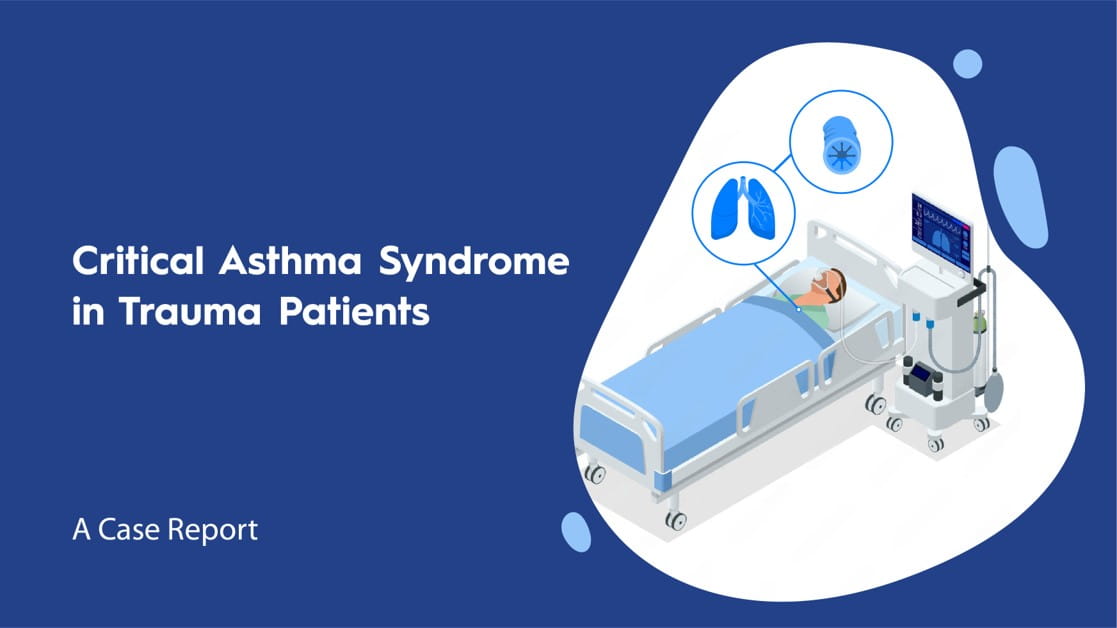Introduction
Medication errors occur in 45.7% of ICU transitions, often involving ICU-specific medications or untreated conditions, leading to adverse effects, readmissions, and increased costs. With limited guidance on best practices, this study assessed the impact of a pharmacy intervention on reducing medication errors compared to standard practice.
Method
This retrospective, single-center pre-post cohort study evaluated a pharmacy intervention in adult patients transitioning from a surgical ICU, excluding those in hospice or deceased. The primary outcome was the proportion of patients with at least one medication error. Based on literature showing a 40% error reduction with pharmacist involvement, a conservative estimate of 20% reduction was used, assuming a 25% error rate. A sample size of 120 patients was determined for an alpha of 0.05 and 80% power. Secondary outcomes included length of stay, readmission rates, and costs. Categorical and continuous variables were analyzed using chi-squared and Mann-Whitney U tests, respectively.
Key findings
|
Outcome |
Pre-intervention |
Post-intervention |
p-value |
|
Patients with at least one error |
55% |
18.3% |
<0.001 |
|
ICU-specific medication errors |
20% |
6.7% |
0.035 |
|
Inappropriate discontinuation of home medications |
48.3% |
13.6% |
<0.001 |
|
Continued stress ulcer prophylaxis |
18.3% |
3.4% |
0.009 |
|
Patients discharged with ICU medications |
20% |
7% |
0.041 |
|
Length of stay (days) |
9 |
9.5 |
0.285 |
|
Readmission rate |
36.7% |
27.6% |
0.291 |
|
Other errors on discharge |
28.3% |
19.3% |
0.252 |
Conclusion
The pharmacy intervention significantly decreased medication errors during ICU transitions, emphasizing the pharmacist’s crucial role in patient safety. These findings contribute to the limited existing literature and underscore the need for a dedicated transitions-of-care pharmacy service to enhance medication management and reduce errors.
Critical Care Congress 2025, 23rd February - 25th February, 2025, Orlando, FL, USA




